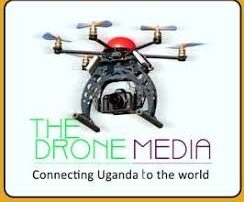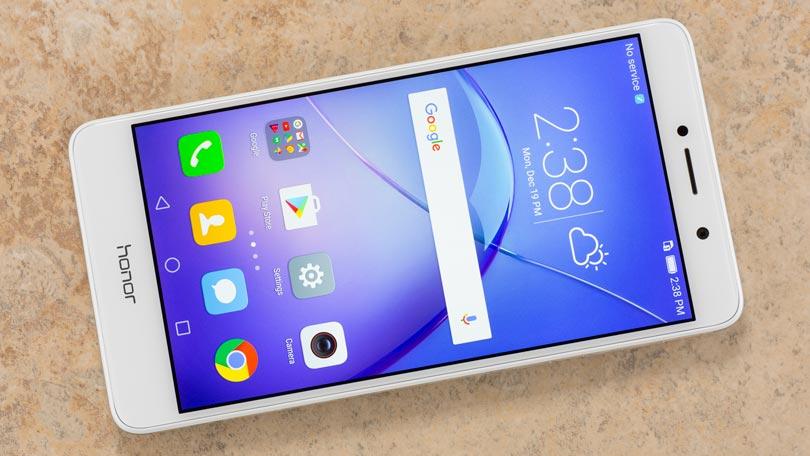HUAWEI, ERICSSON AND NOKIA HAVE EMERGED TOP GLOBAL 5G RAN VENDORS
Huawei, Ericsson and Nokia have emerged as the top 3 Global 5G RAN Vendors according to a report by Strategy Analytics, a global technology and media analyst agency.
Huawei is ranked as the leader in terms of equipment performance, portfolio of radio access network products, contribution to industry standards, R&D investment, and delivery capabilities.
According to this report titled ” Comparison and 2023 5G Global Market Potential for leading 5G RUN Vendors-Ericsson, Huawei and Nokia,” the three global vendors are leading in commercializing 5G, and compared with other vendors, Huawei’s 5G network is faster and lower latency.
The report quoted results of series of tests that were concluded in January saying that in the non-standalone (NSA) scenario, the peak down link rate of a single user on Huawei’s 5G network reaches 1.86 Gbit/s. The figure is 1.38 Gbit/s for Ericsson and 1.15 Gbit/s for Nokia.
In the air interface latency test, the test results of Ericsson and Nokia are 3.5 ms and
3.8 ms respectively, but Huawei's user plane delay is only 2 ms. In the standalone
(SA) scenario, Huawei's peak down link rate of a single cell reaches 14.58 Gbit/s,
which is nearly three times that of Ericsson. Nokia has not completed the test until
today.
In announcing its Q1 results last week, Huawei said that they have & quot;signed 40
commercial contracts for 5G with leading global carriers and had shipped more than
70,000 5G base stations to markets around the world.
The results show that the company’s Q1 sales rose 39 percent from a year earlier to $26.7 billion, and its net profit margin was about 8 percent, slightly higher than last year.
In terms of Standards Contribution and Patents, the report indicates all three leading vendors are active players in 3GPP 5G standardization, According to IPlytics GmbH, Huawei is the No.1 in terms of the number of 5G Standard Essential Patents (SEPs), the number of 5G standards contributions and the number of employees attending 5G standard meetings. Ericsson and Nokia are also in the leading
companies in these aspects.
The report shows companies who actively contribute to 3GPP standards activities
can often get a ‘first mover’ advantage on their product roadmap. This conclusion has been echoed by the three vendors’ performance in the market.
According to a research report released by Dell'Oro Group, a US market research
company, in February, Huawei, Ericsson, and Nokia were the top three vendors in the fourth quarter of 2018 and in the whole year. In markets outside North America, Huawei's revenue market share in 2018 (about 40%) was almost equal to the sum of Ericsson and Nokia. Ericsson was the second largest vendor in 2018. The growth rate of its business in North America and Europe was over 10%.
Last week leading Dutch telecom provider KPN signed a preliminary agreement with Huawei to start preparations for the construction of KPN’s new Mobile Radio Access Network in the Netherlands, as part of KPN’s mobile network modernization for 5G. It was reported Britain has agreed to allow Huawei limited access to “non-core” parts of the country’s 5G infrastructure. These came when US is trying
pressuring its allies to stop using Huawei equipment.
Many countries, organizations and global carriers have express concerns over politicalizing the cyber security issue. In the beginning of this year Deutsche Telekom said Europe’s 5G rollout could be delayed by at least two years if governments on the continent implement a ban on Huawei. This was followed by warning from mobile industry body GSMA that actions which disrupt the network equipment supply “will increase costs to European operators, businesses and citizens; delay 5G deployment by years across Europe; and potentially also jeopardize the functioning of existing 4G networks upon which 5G is intended to be built”.
According to GSMA, By 2025, mobile operators are expected to invest between €300
billion and €500 billion on the roll out of 5G across Europe. Strategy Analytics’ reports shows that all three leading ICT infrastructure vendors are ranked among the world’s top 50 companies for R&D investment according to The 2018 EU R & amp; D Investment Scoreboard, with Huawei ranks 5 followed by Nokia(27) and Ericsson(45).
The report says it can be seen that despite significant pressure on all infrastructure vendors, Huawei has maintained steady growth in its R&D investment, while Ericsson and Nokia’s R&D investment have experienced significant recent turbulence. It cautions that large swings in R&D spending can
have serious adverse impacts on long term programs like 5G technology research and product development.

